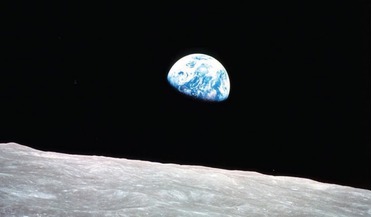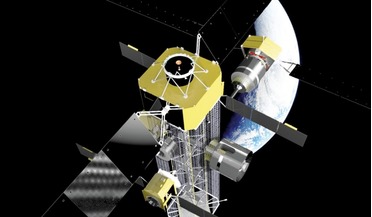 July 2014
The peaceful use of space
July 2014
The peaceful use of space
... activities are subject to authorisation and continuous supervision, as per Article VI of the Outer Space Treaty: “The activities of nongovernmental entities in outer space, including the Moon and other celestial bodies, shall require authorization...
 July 2019
Who owns outer space?
July 2019
Who owns outer space?
..., the Moon and other bodies promise untold fortunes Outer Space is not a lawless domain but is government by international treaties, the cornerstone of which is the well-known Outer Space Treaty (OST). The OST has been called an “ideological charter...
 January 2020
Rule of law vital for humanity’s sustainability and survival
January 2020
Rule of law vital for humanity’s sustainability and survival
... Nations General Assembly Resolutions and later were incorporated in international treaties, the most important of which is the 1967 Outer Space Treaty (OST). This Treaty currently applies to 110 countries and contains several fundamental principles...
 July 2019
Luxembourg’s space legislation
July 2019
Luxembourg’s space legislation
... international discussion about their rights. One of the issues was the fact that the 1967 Outer Space Treaty prohibits any appropriation of space, the Moon and other celestial bodies, and the criticism that an operator of a programme for...
 May 2019
Wake-up call for debris creation in geostationary orbit
May 2019
Wake-up call for debris creation in geostationary orbit
..., or was there no warning? Debris creating incidents are threatening mankind’s ability to use space which, as enshrined in the 1967 UN Outer Space Treaty, is “the common heritage of mankind” Two months later, on 25 August 2017, another communications...
 December 2021
All for one and one for all – recommendations for a sustainable future in lunar exploration
December 2021
All for one and one for all – recommendations for a sustainable future in lunar exploration
... of five multilateral agreements collectively known as Corpus Iuris Spatialis. The Outer Space Treaty (OST), signed in 1967, outlines the main principles governing space activities, where the other agreements elaborate on specific issues. However...